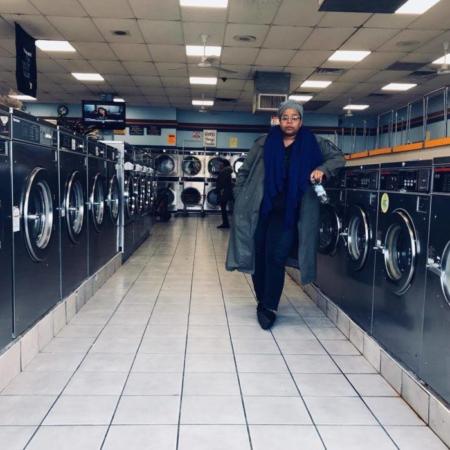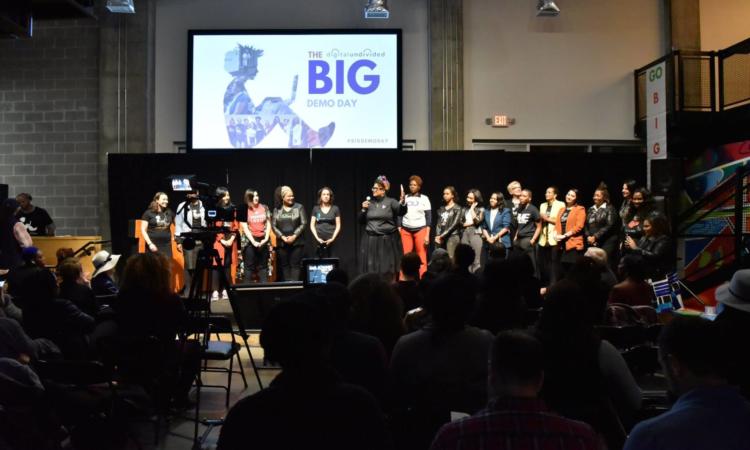Monique Wingard
Want to read more?
Articles

This article was originally published on 07/02/2019 “I think the reason why I share that note about imposter syndrome is because I want for people who are experiencing it to know that they’re not alone and that it is just a syndrome. It is a myth and it is something that’s not true, but yet feels very true in the moment. And I think sometimes only when you see someone else who is experiencing that thing do you realize ‘Oh, I’m not alone. This is temporary. This is fleeting and I still am as awesome as I think I am.’” – Julia Collins, CEO of Planet FWD and Co-founder of Zume Pizza, on imposter syndrome. With so many negative perceptions of millennials in the media and minds of the gatekeepers of society, it is a wonder that they [millennials] have figured out a way to carve out a place in this world . Despite years of seemingly doing all the right things, only to be told and shown that it is still not enough, young professionals are starting new trends, businesses, and changing the...

For years we’ve been hearing the same story in tech circles. The assumption that Black men and women are ill-equipped to thrive in STEM and the denial of systematic barriers in place that keep them from thriving. However, the stories we do not hear enough of are the damaging effects that kind of ideology and treatment has on the mental health of people working in technology. In 2018, Ehi Aimiuwu — a former corporate technologist — decided to build a safe space to talk about mental health in tech called “ Code Burnout. ” The podcast serves as a judgment-free zone for people to share their experiences. Even more, it is the result of several years of Aimiuwu feeling invisible, silenced, frustrated, and overworked — something most people of color in the tech industry can relate to. She said there was often an internal struggle to be cautious with her words. She had to be careful in an effort to adhere to an unspoken code of conduct because it was easy to gain a label if you did not fall...

High school, graduate and undergraduate students across the country will soon be drafting personal statements and submitting applications for a chance to attend the college of their choice. Many have already started. However, there has been a shift in mindset regarding higher education and the promise of securing employment. When the pomp and circumstance ends, the brutal job search begins. With national student loan debt now reaching over $1.5 trillion , a significant amount of students are opting for a more affordable and accelerated experience from business incubators and tech bootcamps such as App Academy, General Assembly, and Flatiron School. Gone are the days of students bearing down with the singular goal of attending college to obtain a job — paying a livable wage. Entrepreneurship, being your own boss, and “startup culture” are on the rise in and outside of the classroom, with no signs of slowing down. Considering the change in the U.S. Labor Market and amount of skilled...

In 2018, the energy behind catch phrases and hashtags like “The Future is Female” seemed to be limitless, and that movement seems to have gained more vigor with the election of President Donald Trump. A record breaking number of women were elected to state and local office in 2018, and we’re seeing more and more women in leadership roles. But if you take a close look at the representation of Black and Latinx women in tech and among the ranks of well-funded entrepreneurs, it seems to be more of the same. DigitalUndivided(DID) wants to change that. In 2013, DID founder Kathryn Finney made her dream of seeing more successful women of color in business a reality. That vision was DigitalUndivided (DID). Lead by Finney and her all woman leadership team, DID focuses on three primary areas: Research, Knowledge and Community. Finney’s work has continued with the development of Project Diane, a study taking a closer look at the state of Black women in the innovation space. Now in 2019, DID...